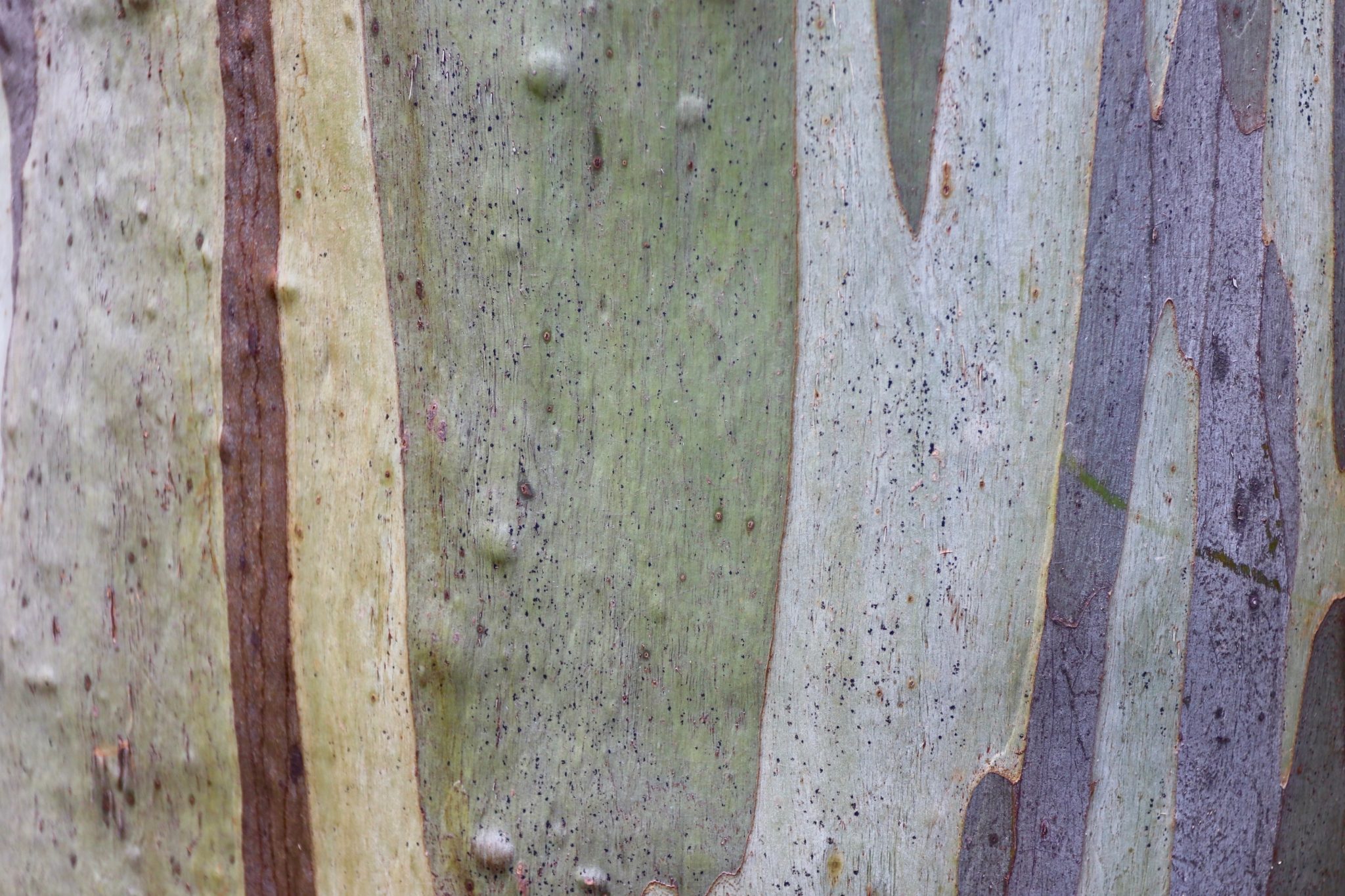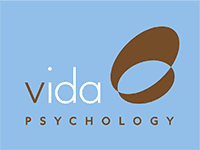19 Jul Mental Health and the Aboriginal and Torres Strait Islander Community

As I am writing this, I acknowledge the traditional custodians of the land on which I write from. I begin my acknowledging the Kulin Nation people, traditional custodians of the Wurundjeri Land and pay my respect to their Elders past, present and emerging. I extend that respect to Aboriginal and Torres Strait Islander people reading this today.
I also want to acknowledge that whilst being ask to write this, that I am a white, Caucasian, Australian female and notice an emotional dissonance in myself whereby I would rather be giving this space to someone from the community, so that their voices are heard rather than mine. I will do my best to advocate for the Aboriginal and Torres Strait Islander Community as best I can from the capacity that I have. Below is a list of Aboriginal and Torres Strait Islander organisations and services that I encourage you to explore and give a voice to.
Aboriginal and Torres Strait Islander people’s mental health and welling is inextricably linked to their connection to country, community, culture, spirituality, Elders and extended family. During colonisation, the loss of lands and its People resulted in a significant and impactful disconnect and displacement from Country, community, culture and family. The Stolen Generations was a further breach that interrupted connection to the core pillars of the People as well as causing a chasm in the flow of continuation of culture. Without these pillars of culture and their continuity, the mental well-being of the community suffered, individually and collectively.
It is also important to acknowledge that what is being identified is not solely due to history. While inter-generational trauma runs rife, systemic racial inequity and bias that still exists, continues to exacerbate mental health issues in the Aboriginal and Torres Strait Islander Community.
The mental health themes seen in the Aboriginal and Torres Strait Islander Community include:
-
-
- A reduced life expectancy. There is a gap of almost twenty years between the Aboriginal and Torres Strait islander community and other Australian groups.
- Suicide rates for young Indigenous men are higher than in other cultural and gender groups in Australia
- There is a four to seven times increased prevalence of mood, anxiety and substance use disorders in Indigenous adults compared to non-Indigenous Australians
-
The information above is a very small snapshot of the impact of historic and present prejudice on mental health of the Aboriginal and Torres Strait Islander Community.
Some ways in which this can be addressed include:
-
-
- Taking a holistic approach to addressing mental well; which would include connection to Country and community as well as the more mainstream approach including address of physical, social, emotional, and spiritual needs
- To remove the mainstream lens from how mental wellbeing is addressed and develop a respectful understanding for the way emotional wellbeing is addressed in Aboriginal and Torres Strait Islander Communities. These ways might include healing facilitated through movement, storytelling, dancing, teaching, learning, singing, art and cultural activities like basket weaving
- Taking a collaborative approach. The service provider should be conscious of including the person in their treatment planning and the choices therein, both working as a team. This provides the person a choice, a voice and empowerment in their healing process
- Consider the idea that family is crucial to the healing of its people; keeping in mind that family in Aboriginal and Torres Strait Islander communities include brothers, sisters, parents, uncles, aunties, cousins and whoever they deem to be family in their extended community.
-
Below is a list of Aboriginal and Torres Strait Islander services and contacts to find out more:
https://www.vacca.org/
https://www.naidoc.org.au/
https://www.aag.asn.au/documents/item/3577


Sorry, the comment form is closed at this time.